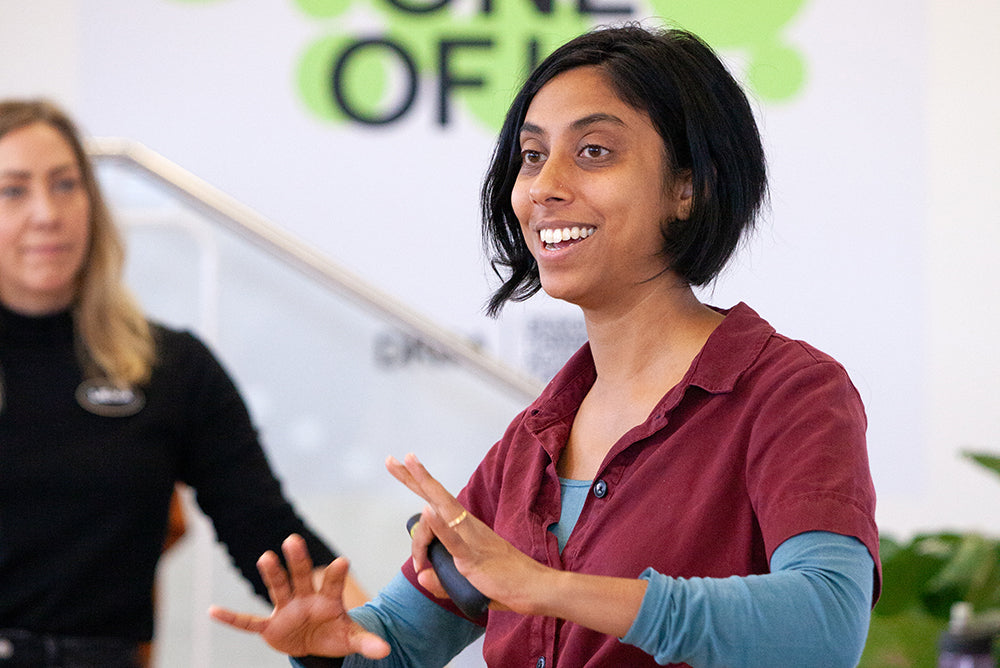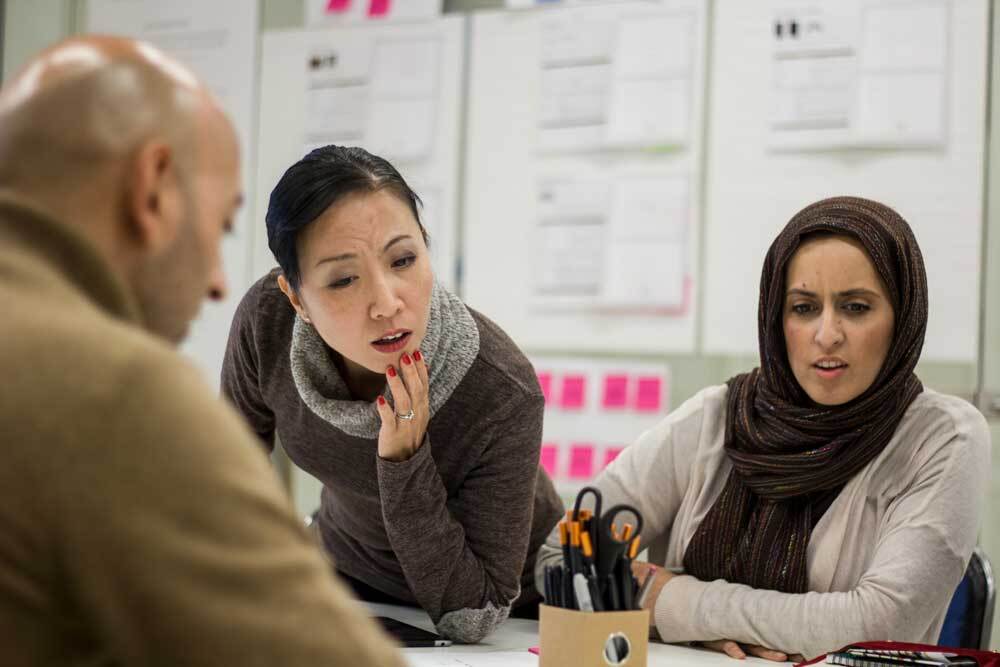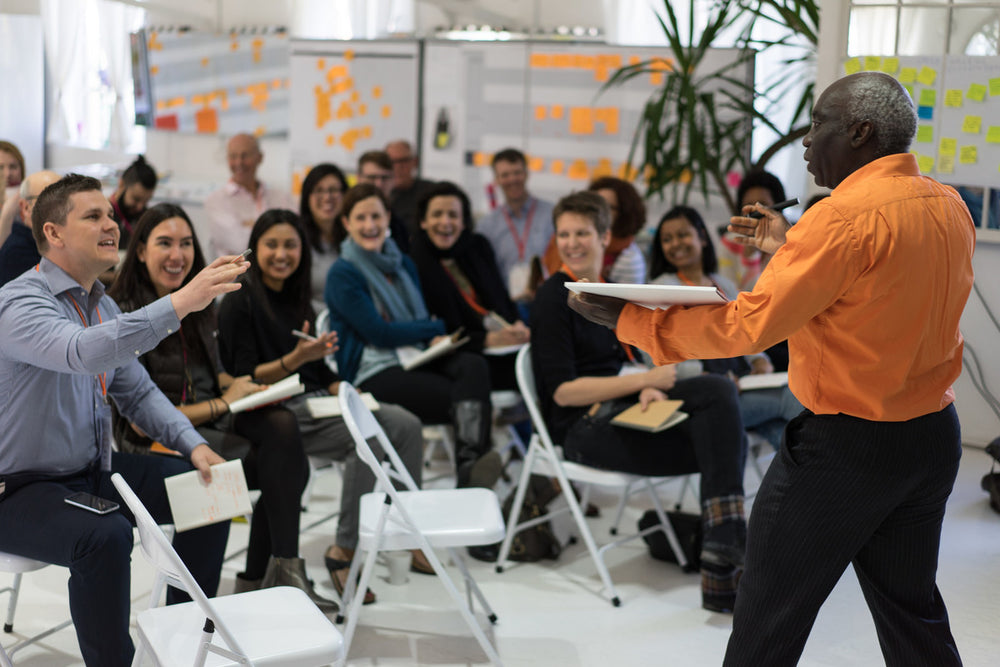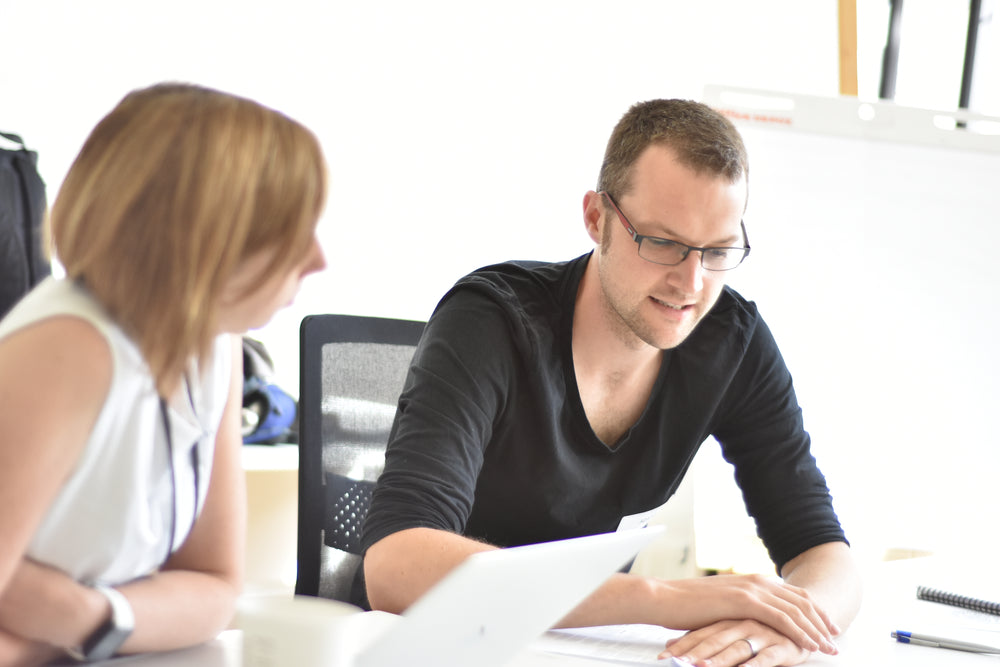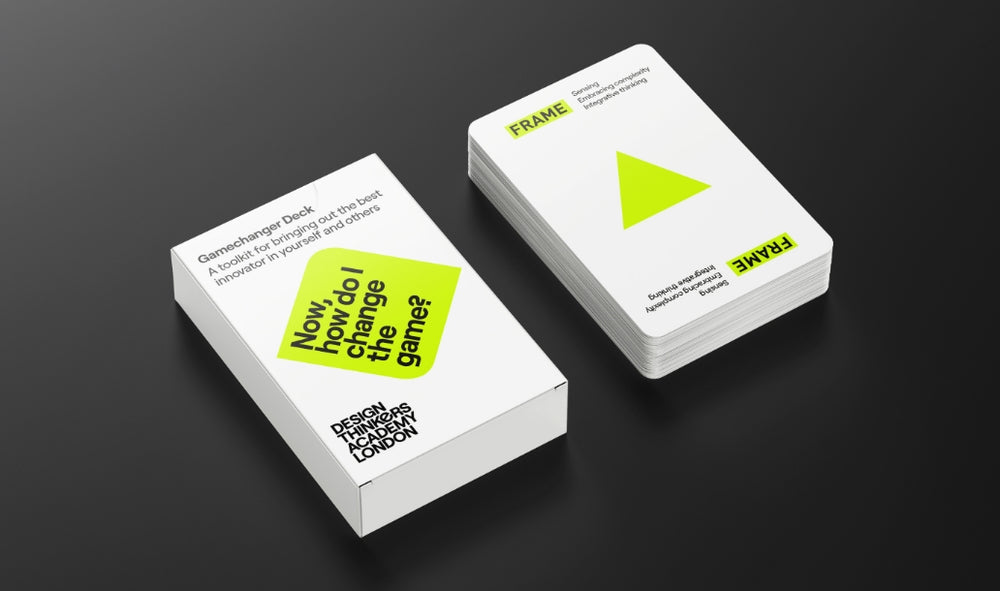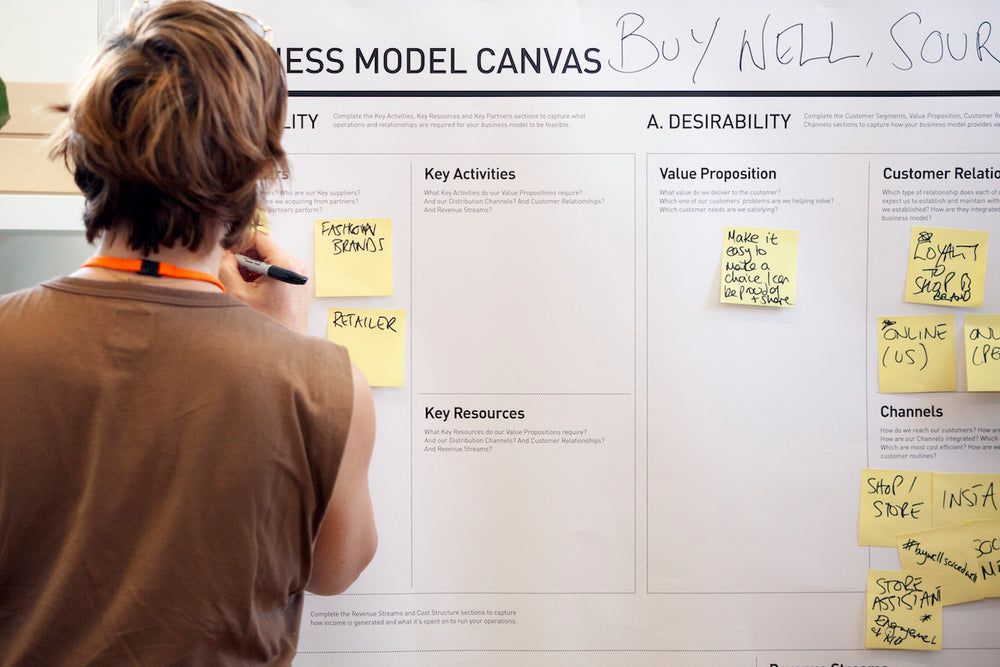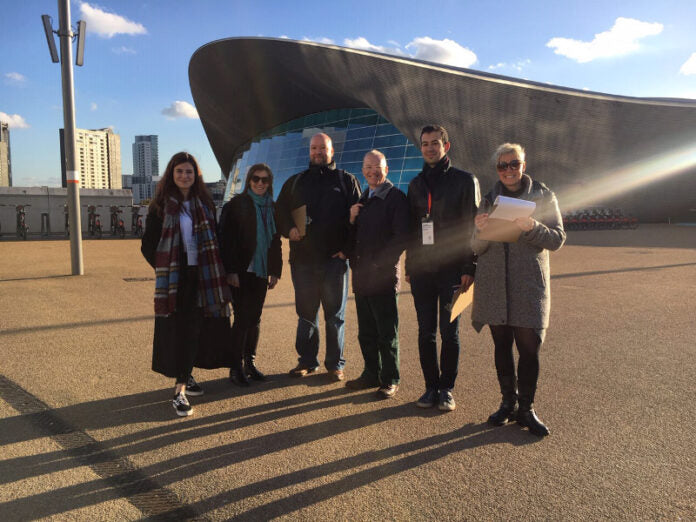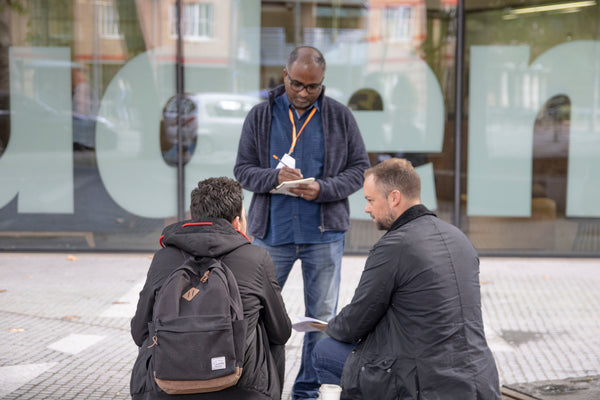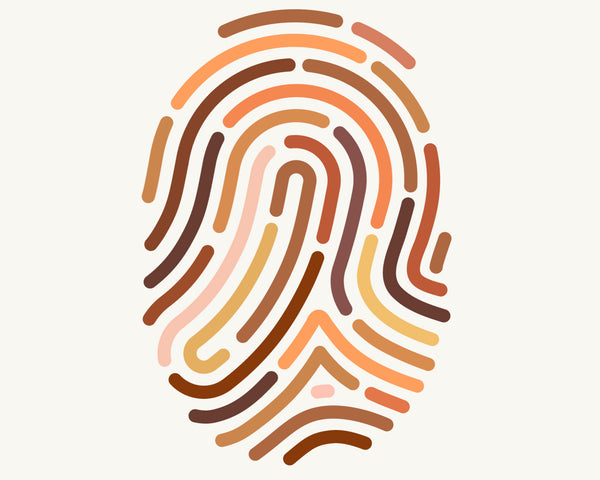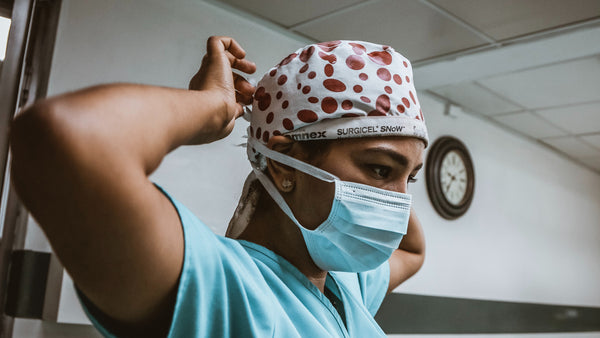Kate Pound, a former delegate on our Design Thinkers Bootcamp course, talks to us about what she took from the course and how it is being used in the NHS.
“One of the biggest challenges with implementing design thinking into what we do at the NHS, has got to be creating an inclusive healthcare community that involves staff and patients feeding back to us their concerns and ensuring we understand it the first time.”
Kate’s role as Collaborative Manager within NHS Horizons is to facilitate the transformation of large scale programmes across healthcare systems, primarily using design thinking processes as a tool to deliver key change. Before joining Horizons in 2014, she worked as a Quality Improvement Lead at Nottingham University Hospitals NHS Trust where she led many large change programmes, including the Emergency Pathway Redesign and Imaging Pathways.
Speaking to Kate, she explained how attending our Design Thinkers Bootcamp course enabled her team to identify key areas for improvement and development. “The first step of design thinking is empathy and why wouldn’t we want to see the world through the eyes of our patients and their needs? We could be those patients one day. The NHS is the heartbeat of the system, being empathic with our staff and patients and seeing what their concerns are.”
She explains, “we’re moving into a time where people want to be a part of that change. If we don’t look at new ways of making change that involves staff and patients in that collaborative space, we’re not going to keep up with the rest of the world.”
One of the challenges that teams such as Kate’s face, is one that the NHS, as an organisation, has had to deal with in recent years – working with fewer resources on systems in need of updating and development.
“Historically, we jump straight into the problem solving without necessarily having the data but design thinking allows us to narrow down and better understand what the problem is.”
“When you work in this collaborative way, you take people on that journey through the cycle of change,” she says.
Recently, design thinking has been used as a methodology in a programme that’s being run with the National Ambulance Service. The first step was to identify the areas of improvement through engaging with staff and patients – “What does improvement look like in this area? What is it that we’re going to create? For example, if it’s mental health, we’re honing it down and looking at what we can do in a month or sixty days. We created a website, an information centre for our frontline staff and we gathered insights from them on what their needs are and that really helped us to narrow down the questions and problems.”
“The staff and patients always have the right answers as to how we can improve the services and when we involve them in that process, it empowers them,” Kate says.
Design thinking has become a way of life for the NHS Horizons team because of its inclusivity and the way in which it has enabled staff to better understand the needs of patients, who often aren’t used to being in hospitals and can find the experience daunting. “We forget how stressful it is to be a patient. As staff, we see hospitals everyday but patients don’t and that’s where design thinking helps, as it allows you to understand what it’s like to be a patient. It’s normal for us and it’s easy to forget that.”

However, Kate is hopeful for the future and due to its ease of use and accessibility, she wishes to see design thinking being used across the NHS in different areas, “I’d love more people to learn about design thinking, we need to talk about it more in healthcare. As a methodology, it’s very usable and inclusive, and everyone can learn how to use it.” She suggests that it would be a useful tool to start using in education, particularly when it comes to staffing and nurse training. “When you’re a junior doctor you have to do audits and this is a really usable methodology where they could start thinking creatively.”
Through using the NHS Horizons team’s work as a case study and success story, design thinking could help transform the way in which the organisation operates as a whole. With their work using design thinking, NHS Horizons have signalled to a future where collaborative problem solving is the key to meeting the needs of patients.
“The NHS is always going to be evolving and changing but I’m looking forward to my team utilising the skills. It’s an exciting time.”
